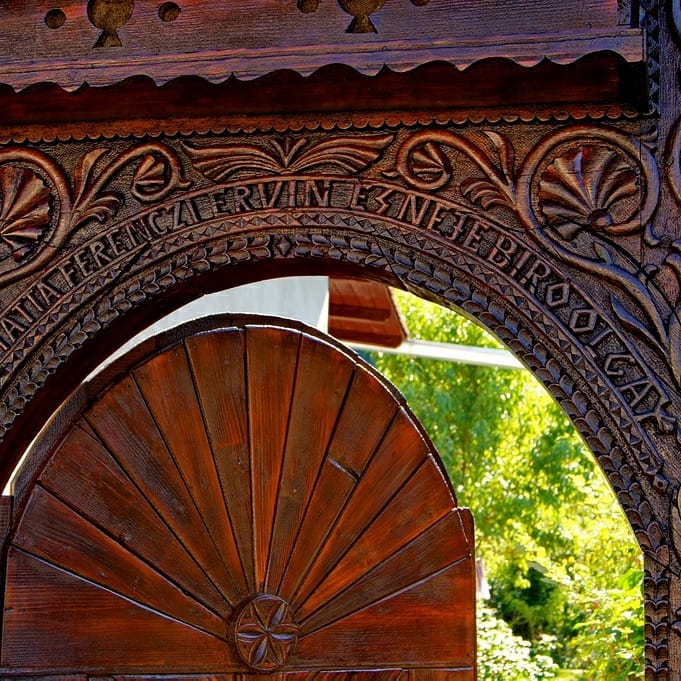
What is your hometown famous for? What is your regional speciality? Any particular food, season, flower, color, shape, product, slang, that you could develop into a small, lightweight relatively cheap foodstuff and start making at home to sell as a local souvenir? Do it! 







Mayors think that a town is all about business parks and tax breaks and commuting opportunities and regulations. What it is really about is local people and their local culture. Developers somehow ALWAYS miss this. Mayors MOSTLY miss this. #Localism might save your life. 



In fact most of them do their best to destroy local culture. The Whitechapel Bell Foundry for example, est. 1570 is destined to be turned into a hotel. The correct action is to turn a parking lot next door into a hotel, and get tourism from the foundry.
https://twitter.com/carl_thompson70/status/1399777296953839617?s=20
• • •
Missing some Tweet in this thread? You can try to
force a refresh





















